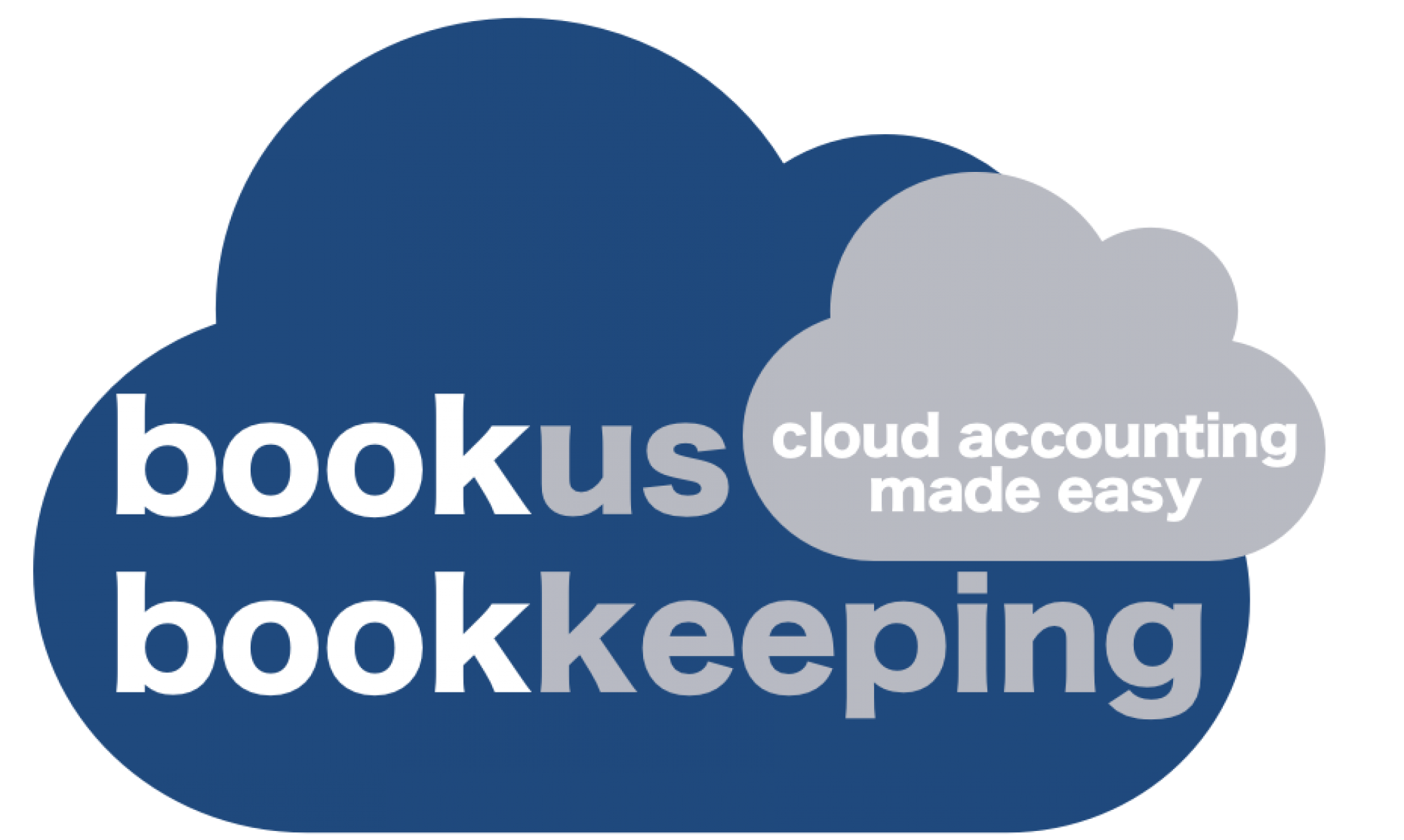A top of the email reminder that your BAS payments are due today, Wednesday 25 August. Maybe go and do that before jumping into the next bit of the email – see you in a minute!
If your business makes payments to contractors or subcontractors you may need to lodge a Taxable payments annual report (TPAR) by 30 August.
The information collected by the ATO in the TPAR allows them to identify contractors who are not meeting their tax obligations. This prevents dishonest operators from gaining an unfair business advantage.
You need to know about TPAR if your business provides any of the following services, even if it’s just part of the services you provide each year:
- building and construction services
- cleaning services
- courier or road freight services
- information technology services
- security, investigation or surveillance services
- government entities
These categories are broad and some of your business activities might fall under the categories. We highly recommend asking us, or reading this page on the ATO website for more information.
The TPAR details payments made to contractors for providing services. Some government entities also need to report the grants they have paid. Contractors can include subcontractors, consultants and independent contractors. They can be operating as sole traders (individuals), companies, partnerships or trusts.
The details you need to report about each contractor are generally found on the invoice you should have received from them. This includes:
- their Australian business number (ABN), if known
- their name and address
- gross amount you paid to them for the financial year (including any GST)
Please be in touch if we can help you understand anything about TPARs.
